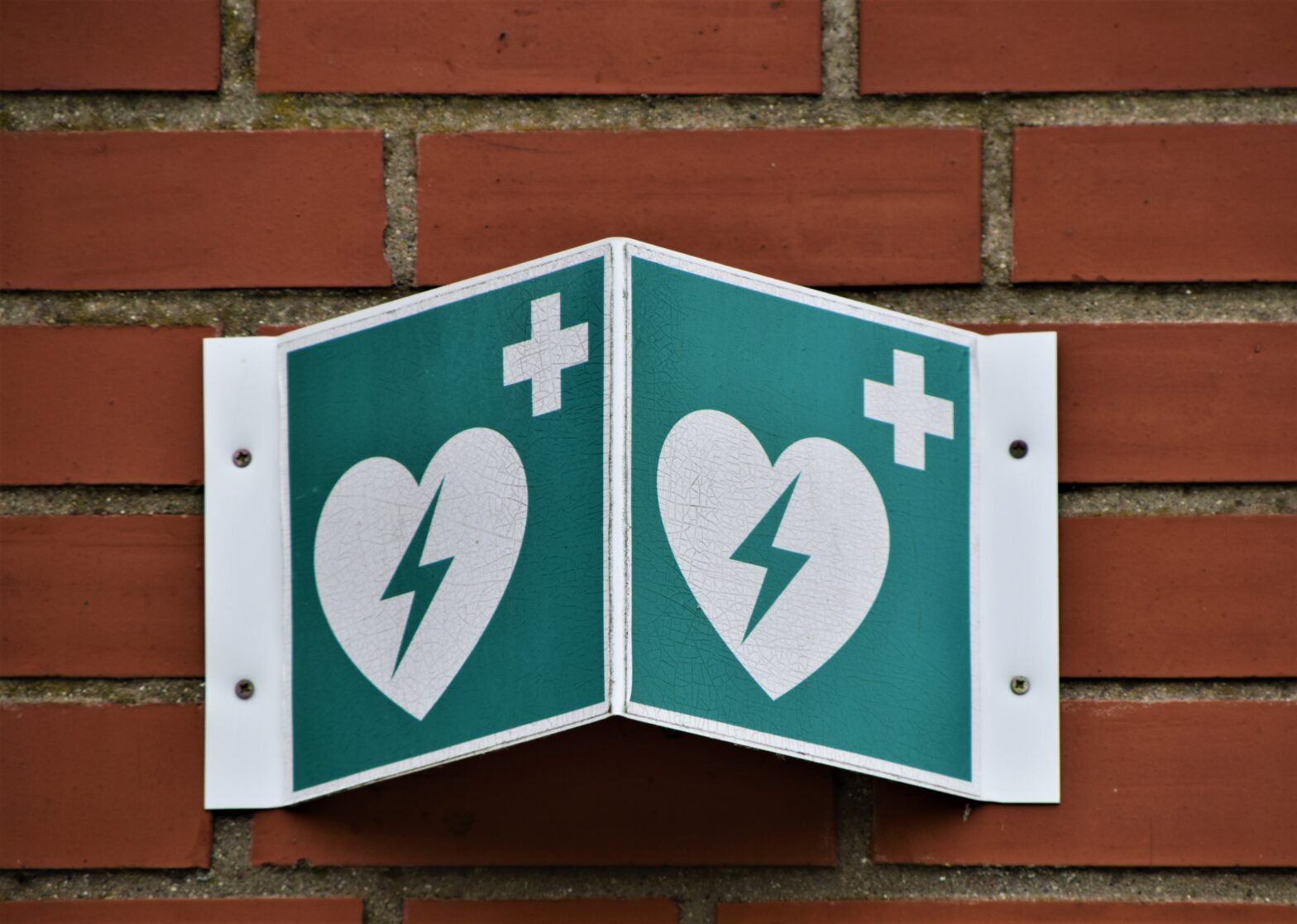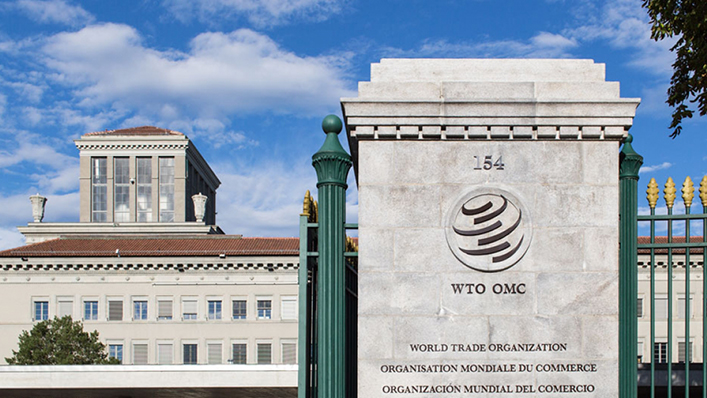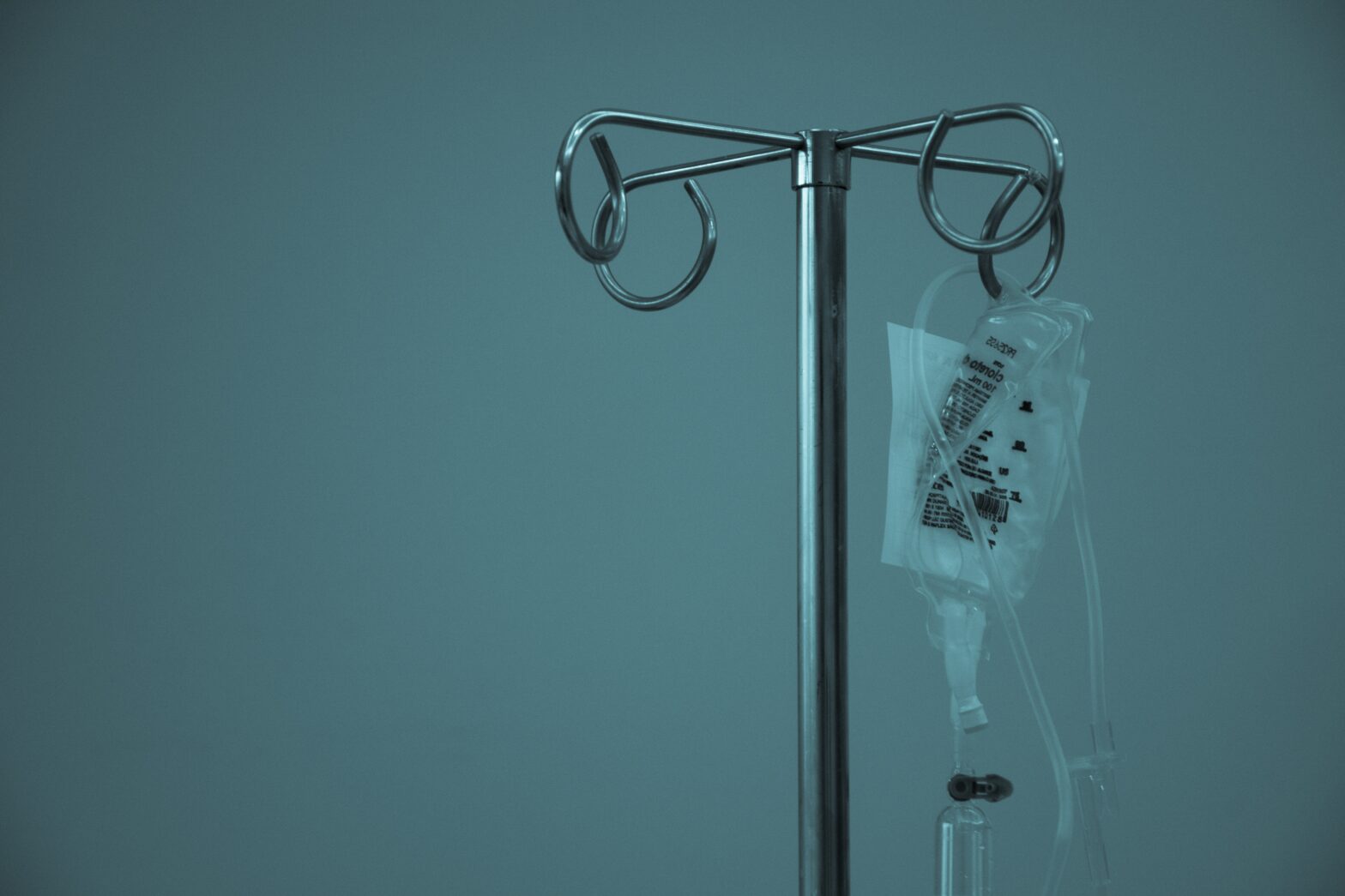Partager Twitter Facebook Email Copy URL
What’s more important in a global pandemic, human rights or the right to make a profit? – en anglais !
The most important debate concerning health policy during the pandemic—over the waiving of patents—is not taking place at the World Health Organization (WHO) as one might expect, but at the World Trade Organization (WTO). This shows that even in the face of 180 million infected and 4 million dead, medical science continues to be treated as a commodity and not as a global common good.
If politicians in the industrialized nations had listened to voices from the Global South, to the WHO, and to civil society, the media would now be reporting on the possibilities of global vaccine production rather than the stock prices of pharmaceutical companies. The financially powerful industrialized countries could have sent the interests of capital into lockdown for the benefit of global health. But they did not want to.
That it is precisely Germany and the EU’s stubborn resistance to demands from other countries—even the US—to temporarily revoke patents is almost eerie. Germany, constantly anxious about its global reputation, has now been accused by figures like Nobel laureate Joseph Stiglitz of holding the entire world hostage. The fear that suspending the patents would create a precedent is too great—it might end up proving that supplying the world with vaccines would actually be faster and cheaper, and that the public sector can handle crises better than capital can.
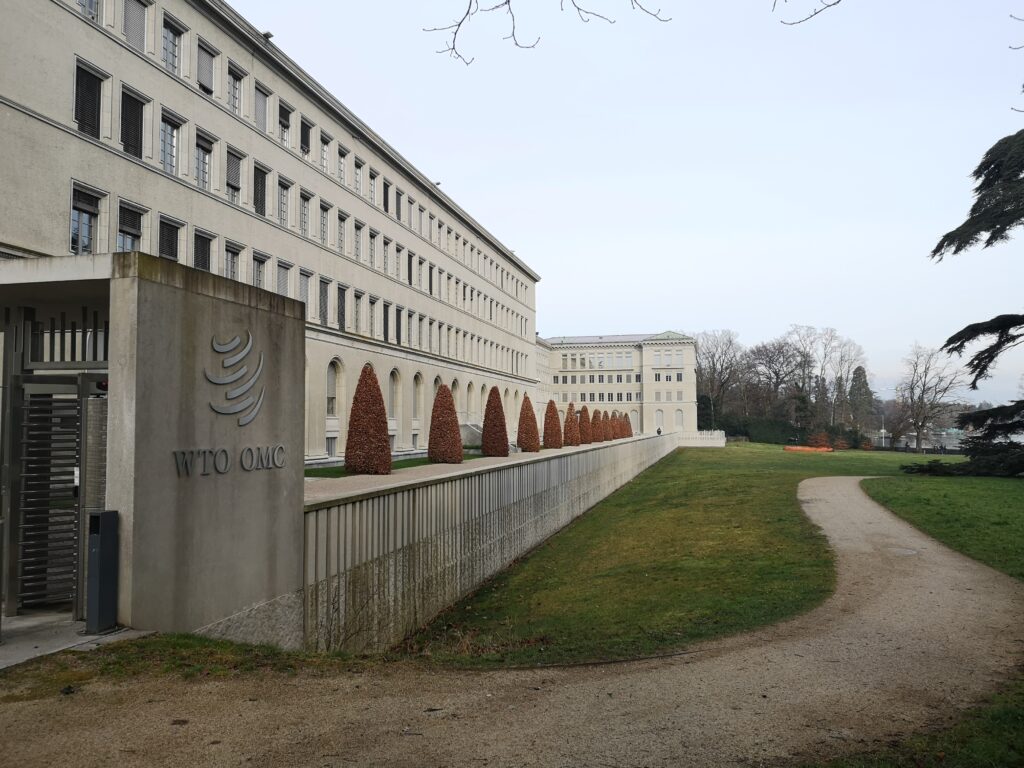
There Is an Alternative
Production capacities undoubtedly need to be expanded in order to meet global demand. As of summer 2021, only 0.3 percent of vaccine doses were going to the 30 poorest countries in the Global South. For these countries, it will take up to two years before they can hope to reach herd immunity. Hundreds of thousands of people will die from COVID-19—partly because in many countries the public health systems are inadequate. At the same time, preventative measures such as lockdowns will continue to threaten lives, by instantly removing the incomes of people with no social safety net. Poverty and hunger will increase.
Meanwhile, there is no shortage of alternatives. Shortly after the outbreak of the pandemic, Costa Rica made the brilliant suggestion that the WHO begin pooling the knowledge and technologies necessary for combatting COVID-19. This would have allowed products to be more quickly developed, approved, and made widely available. This proposal came to nothing, because the rich countries simply ignored the WHO and imposed no obligations on the pharmaceutical companies.
This failure was followed by a second initiative from the South: as early as the autumn of 2020, the governments of India and South Africa applied to the WTO for a far-reaching exemption from the TRIPS Agreement, which regulates patent issues and other trade-related aspects of intellectual property. A waiver would be required—a declaration, globally agreed upon and anchored in the WTO, to renounce intellectual property rights over COVID-19 medical products. The waiver would not be permanent, but only until the world population had developed immunity to the new virus. This would allow for demand-driven production by more manufacturers, as well as leading to affordable prices and protection from industry lawsuits.
But in this case as well, many countries that could have acted with global responsibility—most notably Germany—lacked the political will, while those that were willing to seize the opportunity for global solidarity lacked the resources and power to do so.
Prioritizing Profits over People
Not only the torpedoing of the waiver, but also the TRIPS agreement itself symbolizes the dominance of an order that is currently being defended down to the very last vaccine dose. It was already foreseeable when the agreement came into being in 1994 that the excluded of the world would be left by the wayside when it came to healthcare. But the industrialized nations, in concert with pharmaceutical giant Pfizer and major corporations like Microsoft, pushed it through against all opposition from the Global South. (This paid off: for the current year, Pfizer anticipates a profit of 20 billion euro from corona vaccines).
This has already had deadly consequences once before: during the global HIV/AIDS crisis. When South Africa, where one in five people is HIV-positive and AIDS threatens the survival of an entire generation, authorized the production of affordable, generic versions of HIV/AIDS drugs, 39 (!) multinational drug manufacturers filed a lawsuit together with the US government. This paralysed production for years, treatment programs were delayed, and hundreds of thousands died.
Just like today, the issue was one of a global regulatory policy for capitalist globalization, aimed at replacing public healthcare provision with a mix of privatization and voluntary donations. It was only after worldwide pressure from civil society that the lawsuit was withdrawn and the WHO established a patent pool for HIV drugs. Since then, the drugs have been available at only a fraction of the price and universal coverage has been made possible.
A waiver could prevent years-long legal disputes of this sort, because the exception would apply globally rather than having to be enforced by each country individually. This possibility is even provided for in the TRIPS agreement, and the fact that it is now being discredited as some dramatic and radical demand shows how far the debate has moved away from coming up with alternatives to the status quo. Especially since such an exemption—as appropriate and important as it may be in the present situation—would be far from sufficient. It is shocking to watch the Director-General of the WHO, who has repeatedly called for structural solutions and fair distribution, expressing thanks for every promised dose of vaccine. These “charitable gifts” from the G7 are like a poisonous cocktail of disenfranchisement and dependency.
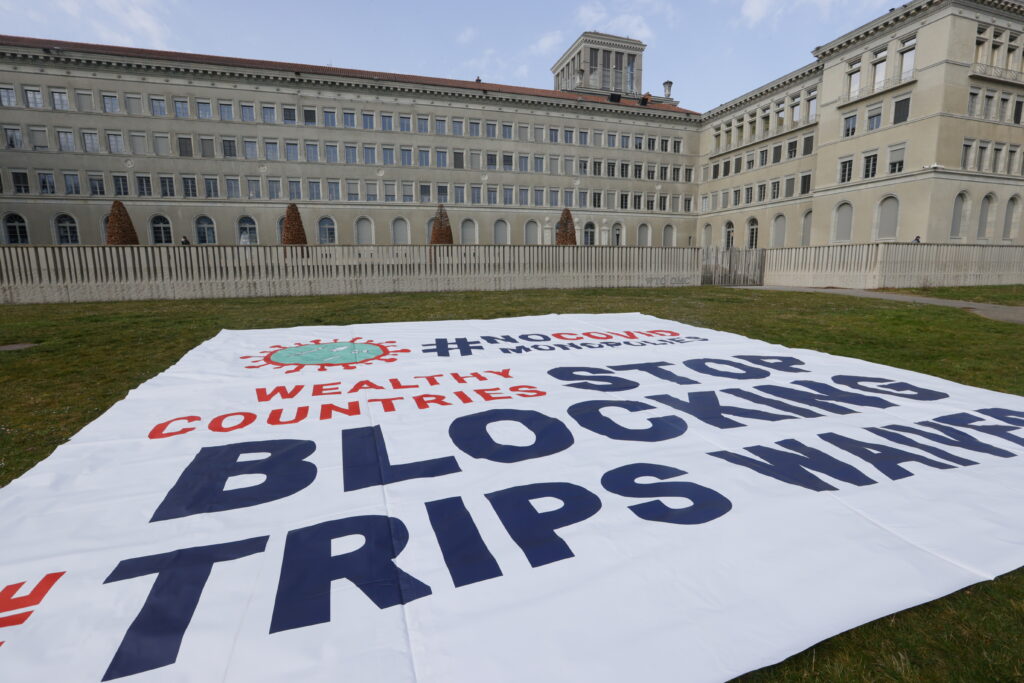
We Have the Means, We Need the Will
The world has the capacity to curb the pandemic. Almost 70 members of the WTO now support the waiver. Germany and the European Commission are at the centre of the coalition of the unwilling.
At the same time, growing civil society protest is increasing the pressure on these governments. To legitimize their obstructionist stance, many politicians and pharmaceutical companies claim that there are no suitable production sites in the Global South. This claim is not only false, it is also racist. Countries like South Africa, Senegal, or Egypt could retool in no time to produce mRNA vaccines if properly supported with technology transfer. India, Bangladesh, Pakistan, and many countries in Latin America could also produce the vaccines that are so desperately needed.
Another fairy tale that is recklessly bandied about in public discourse is that the vaccines produced in these countries are unsafe. The fact that more than half of the vaccines and generic drugs used in Germany have been sourced from India for years is not mentioned.
The development of more than one effective COVID-19 vaccine demonstrates what is possible when the political will is there and (public) funding is made available. This has not gone unnoticed in the Global South. After all, it is there (and only there) that millions of people die every year from diseases like malaria, tuberculosis, or sleeping sickness, for which there are not enough effective vaccines and drugs. Obviously, there could and would be, if research and development priorities were geared towards saving lives rather than market volume.
The current moment seems primed for a broader global movement to win the right to the best possible access to comprehensive and universal healthcare, both during the pandemic and thereafter. This would also involve the juridification of global supply chains. A look at Asian textile production during the pandemic is enough to grasp this.After the shutdown in the Western metropolises, in the blink of an eye millions of people in the Asian megacities, the majority of them women, had lost their precarious jobs in factories producing for the global market. This was because the large textile chains, from H+M to Mango, suspended purchases and hence payments for already manufactured goods.
The pathogenic nature of this system of global exploitation was also demonstrated once shops reopened in the Global South, bringing workers from Karachi to Dhaka back into the textile factories. Yet in those places, the pandemic is by no means under control, and workers continue to be as exposed as ever.
Anne Jung is a health consultant at medico international and co-initiator of the campaign #MakeThemSign, which is supported by a broad alliance of civil society and political organizations. This article first appeared in maldekstra #12. Translation by Sam Langer and Joel Scott for Gegensatz Translation Collective.

